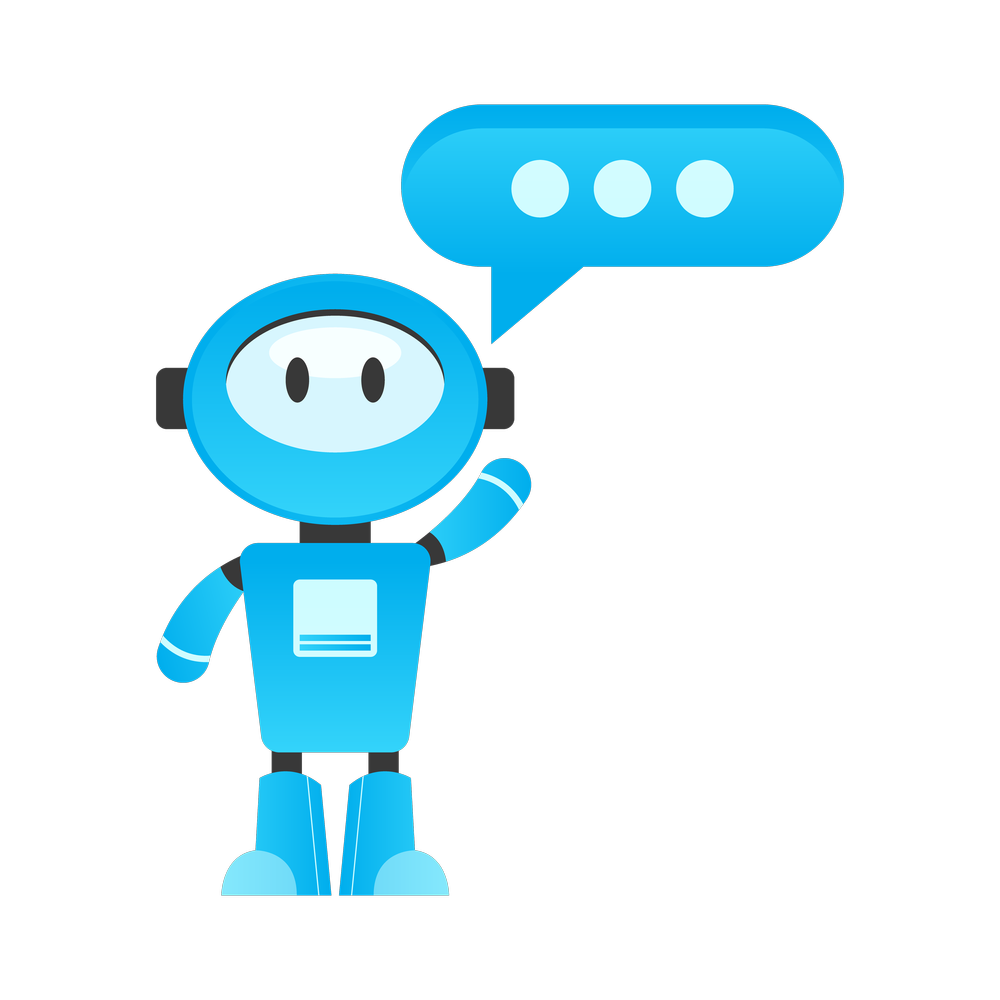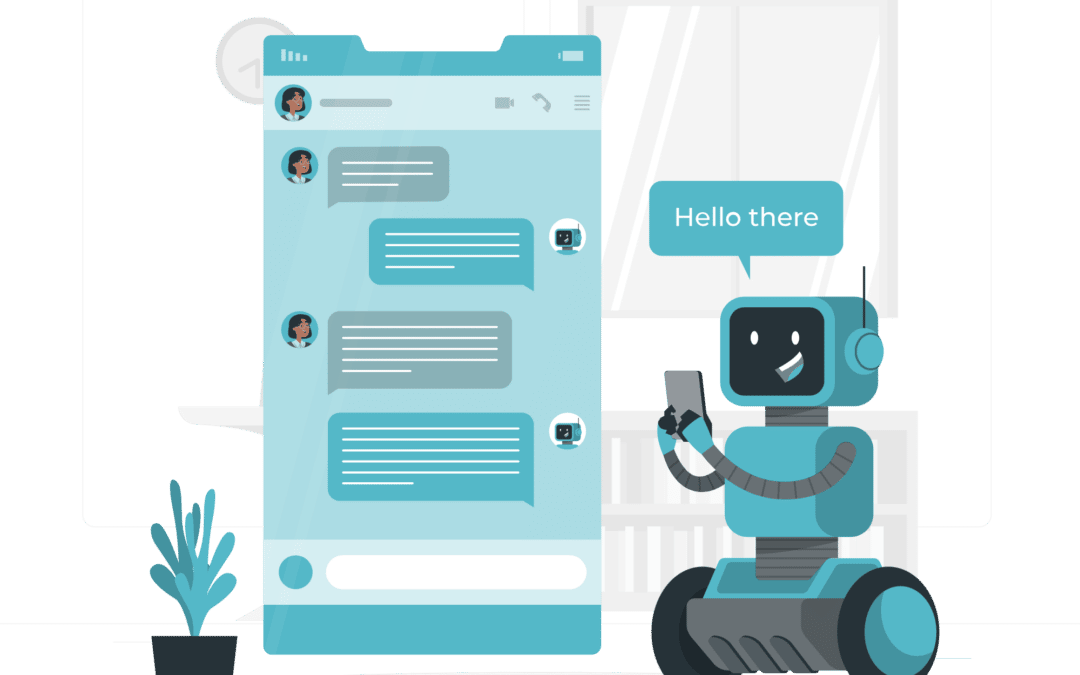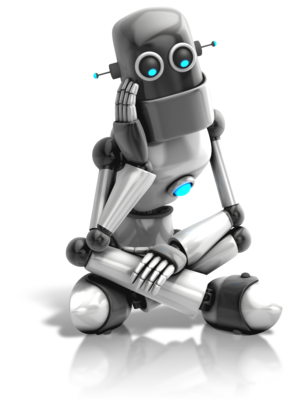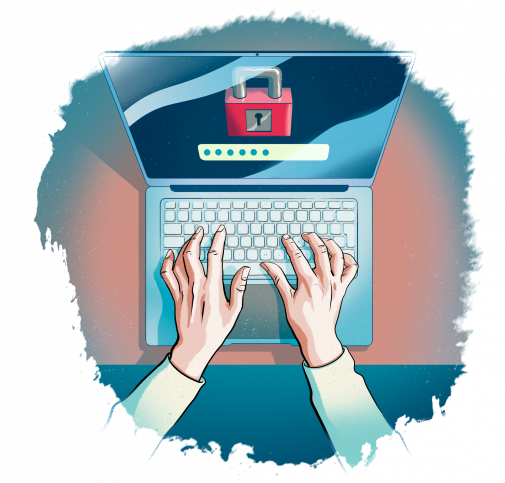
ChatGPT is a language model developed by OpenAI that uses advanced natural language processing techniques to generate human-like text responses and engage in conversations.
OpenAI was founded in 2015 and has since aimed to create advanced AI models. It gained attention with models like GPT-2 and GPT-3, which demonstrated fast progress in natural language generation.


Advantages of ChatGPT include its ability to provide quick and contextually relevant responses, aiding in tasks like customer support. Disadvantages include occasional generation of incorrect or biased information due to biases in training data.
Chatgpt has been used by many students to shortcut through assignments and projects and even write full essays which people are concerned about because it stops students from doing their own work, and it is easy to get around ai detectors and plagiarism detectors.
ChatGPT's ability to engage in coherent and smart conversations showcases AI's power to understand and generate human-like text, pushing the boundaries of language understanding.

Common uses of ChatGPT include drafting emails, generating content, providing information, brainstorming ideas, and tutoring in various subjects.
Limitations of ChatGPT include its occasional production of nonsensical or incorrect answers, sensitivity to input phrasing, and lack of genuine understanding, leading to answers that may sound plausible but are factually incorrect.

ChatGPT can be misused to spread misinformation, generate harmful content, or engage in malicious activities, underlining the importance of responsible and ethical use.

ChatGPT has approximately 100 million consistent users.
As of now, 8 countires have banned ChatGPT including Eritrea, Eswatini, South Sudan, Syria, Chad, Yemen, Afghanistan, North Korea, etc.

To safeguard society, OpenAI implements content filters and moderation mechanisms to prevent the generation of inappropriate or harmful content. They also encourage user feedback to improve the system's behavior over time.
>